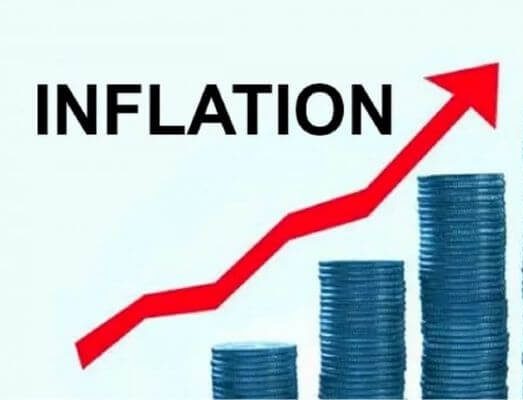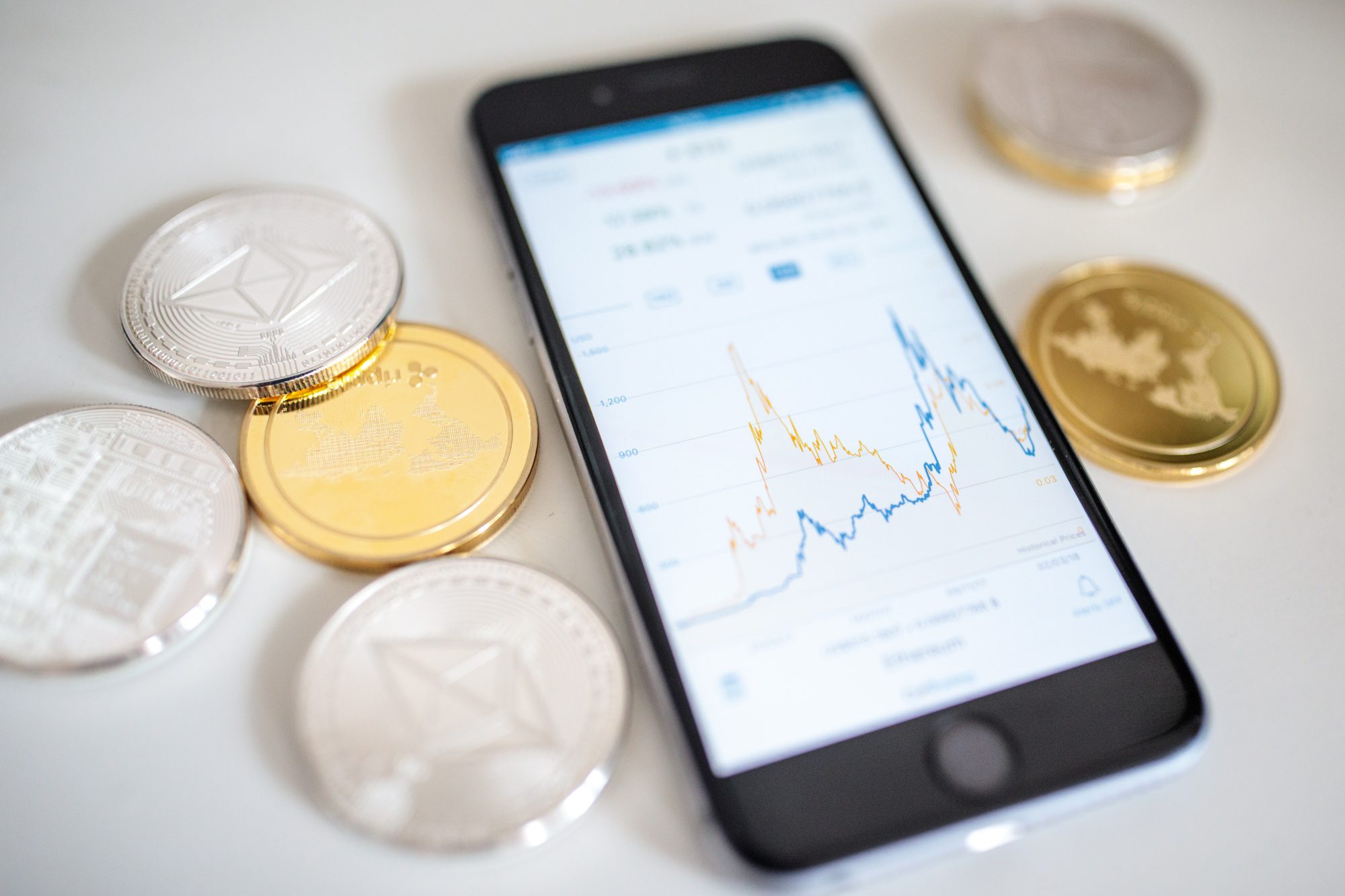Families continue to spend more due to inflation – There exist clues suggesting that the economy’s persistent inflationary pressures may have compelled a reversal of the household consumption spending trend.
As per the National Bureau of Statistics (NBS), there was an uptick in 2023 after a downward trend from the second quarter of 2022 (Q2’22).
According to data released by the NBS yesterday, real household consumption expenditure increased 3.3% YoY in the second quarter of 2023, or Q2’23.
The most recent increase was 8.66 percent in Q1 of 22. Household consumption spending fell to -5.21 percent in the second quarter of 2022, or Q2’22, and then to -5.83 percent in the third quarter, or Q3’22.
Household consumption spending plummeted precipitously to -12.47 percent in the fourth quarter of 2022, or Q4’22, and then to -24.95 percent in the first quarter of 2023, or Q1’23.
The NBS reported in its report titled “Nigerian Gross Domestic Product (Expenditure and Income Approach) Report for Q1 and Q2 2023” that household final consumption increased by 3.30 percent and -24.95 percent, respectively, on an annual basis in Q1 and Q2 of 2023.
“The observed trend since 2020 indicates that real household c o n s u m p t i o n expenditure declined in Q1 and Q2 of 2020, accounting for negative growth rates informed by the pandemic.
“However, positive growth rates were recorded since Q3’20 as recovery from the pandemic was witnessed, while growth became negative from Q2’22 to Q1’23 occasioned by rising prices, the cash crunch witnessed earlier this year as well as the current challenging economic conditions.
“Furthermore, growth in Q2’23 stood positive recorded at 3.3 per cent, a departure from the negative trend recorded in the previous quarter.
“On a quarter-on-quarter basis, real household consumption expenditure decreased by 20.29 per cent in Q1’23 and rose by 11.68 per cent in Q2 of 2023. “ H o u s e h o l d consumption accounted for 57.18 per cent of real GDP at market prices in Q1′ 23, and 64.05 percent in Q2’23”.
“This could be detrimental to capital formation and ultimately economic growth in the medium term if inflation is not addressed quickly.”
Comments by analysts
In light of the trend reversal, some researchers have ascribed the development to inflation, which compelled households to postpone savings, investments, and capital expenditures in favor of paying greater attention to basics like food.
Also see: EU to scrutinize Amazon next on product risks and user rights
Parthian Partners: It’s caused by inflation
Marvellous Adiele, Senior Associate at Parthian Partners, an investment finance company with headquarters in Lagos, offered the following commentary on the consumption statistics: “The growth in household expenditure despite the current economic situation could be majorly driven by inflation.”
Consumer spending has increased as a result of rising costs for products and services as people attempt to pay for living expenses.
“Also, the persistent rise in inflation (27.33 pe rcent as at Oct 2023) means that consumers’ purchasing power continues to decline, which could in turn affect their standard of living.”
Families started prioritizing ongoing expenses over savings and investments. —Former CIS director
Olatunde Amolegbe, the Chartered Institute of Stockbrokers’ most recent president, also responded.
CIS, said: “The obvious reason is galloping inflation particularly as related to food and other household items. Families are now having to dedicate more of their income towards recurrent expenditure rather than towards savings and investments.
It is induced by base effect – Wyoming Capital
Also reacting, Tajudeen Olayinka, CEO, Wyoming Capital and Partners said: “The fact that it suffered a decline of -5.21 per cent in Q2 2022 and had an improvement of 3.3 per cent in Q2 2023 tells the story of a modest recovery, still slightly in the negative territory but turned out positive due to base effect. It is a good development, though.
“It is nothing spectacular. It means more efforts are needed to put household consumption in positive territory, and by extension, economic growth.”
It’s possible that fiscal stimulus measures had a significant impact – ID Africa
“The second quarter of 2023 witnessed a notable turnaround in household consumption expenditure, marking a departure from the persistently negative trends observed since the second quarter of 2022. stated Clifford Egbomeade, Public Relations & Communications Adviser at ID Africa.
“Despite an increasingly adverse economic landscape, the 3.3 per cent year-on-year growth in real household consumption expenditure signifies a nuanced interplay of various factors.
“One pivotal driver contributing to this shift could be the strategic interventions by policy-makers.
It’s possible that government actions like fiscal stimulus plans had a significant impact.
Simultaneously, the continual modifications to monetary policy, which may have involved interest rate changes, may have encouraged borrowing, enabling families to spend more money.
An other significant element may be the amelioration of customer sentiment. The upsurge in spending behavior may have been mostly driven by positive shifts in emotion brought on by hopes for a potential economic rebound.
Even in the face of a difficult economic environment, consumers may have been more willing to commit funds toward consumption due to elevated optimism on job security, income stability, or the general economic resurgence.
Moreover, this spike in household spending was probably caused by the phenomenon of pent-up demand. During economic downturns, people frequently put off big expenditures. This deferred demand is frequently released as the economy stabilizes, sparking a spike in expenditure in a number of industries.
This publication may have played a significant role in the growth in household consumption expenditure that has been seen.
Furthermore, certain industrial dynamics might have been involved. Consumer spending in certain sectors—like technology and healthcare—may have expanded as a result of their respective recoveries or expansions.
Similarly, increased supply chain efficiency may have increased the availability of items and encouraged consumers to make more confident purchases.
GDP divided by spending
In the meantime, the bureau reported that real GDP growth by spending increased by 2.31 percent year over year in Q1’23 and 2.51 percent in Q2’23.
“This shows a sustained positive trajectory since Q4’20,” it continued.
But when compared to the same period in 2022, there was a decline of 1.03 percent in Q2’23 and a loss of 0.8% in growth in Q1’23.
While the expenditure approach measures the final uses of the produced output as the sum of final consumption, Gross Capital Formation, and exports less imports, which are all taken into consideration in turn in the report, the NBS defines the GDP as the value of all goods and services available for final uses and export.
Nigeria’s economy is sagging under the APC’s leadership —LP
In response to the NBS report, the Labour Party (LP) stated that the federal government of Nigeria, led by the All Progressives Congress (APC), lacked empathy and had failed to adequately plan, which had resulted in increased food prices and a general economic crisis.
In response to the most recent NBS report, which showed the inflation rate at 25.8% in August 2023 and 26.72 in September 2023—representing 17 and 18 year highs, respectively—the party’s national publicity secretary, Obiora Ifoh, stated that it was evidence of the Federal Government’s lack of direction.
According to Ifoh, millions of Nigerians are forced into poverty because, as the NBS study accurately noted, “our economic foundations have been so weakened that our inflation rate keeps soaring, leading to sluggish economic growth.”
It is regrettable that the majority of Nigerians now spend more than 80% of their income on food alone—and that’s before we even include energy costs and out-of-pocket medical expenses.
“This government has made no excuses about its plans to enrich the opulent lifestyles of those holding elective office at the expense of the suffering Nigerian people.
How would you interpret the N2.1 trillion Supplementary Budget that President Bola Tinubu signed into law? What percentage of the total was voted on infrastructure, roads, and healthcare that will help average Nigerians?
“What you see is that billions of dollars will be spent on buying cars and renovating the residences of elected government officials.
“Food prices have increased beyond the reach of average Nigerians, more so than in the past. A few years ago, a bag of 50 kg rice would have cost N8,000; today, it would cost over N50,000.
Simply put, it indicates that a civil servant’s monthly salary is insufficient to purchase a bag of rice. With no end in sight, the cost of staple items like garri, yam, potatoes, and maize has risen beyond the means of the majority of Nigerian households.
“This administration lacks basic empathy for the suffering of Nigerians because its officials are busy squandering limited public funds while Nigerians are screaming out in agony over the rising cost of living.”
“Renewed hopelessness has since replaced the renewed hope agenda it purports to be pursuing.”
The APC government is still devoted to fighting poverty.
I haven’t seen the entire report, and what you supplied is only a few words, stated an APC leader who didn’t want his name to appear in public.
When the report is in its entirety, we will review it and choose how we want to respond.
But our government is still dedicated to fighting poverty and improving Nigerians’ lot in life. Major economic sectors are reacting favorably to government measures, and all appointments have gotten right to work,” the leader stated.
As FG borrows to pay for luxury, Nigerians are growing more impoverished and hungry—Atiku’s support
Phrank Shaibu, the former vice president Atiku Abubakar’s special assistant on public communication, claimed that the NBS data illustrated the problems that the majority of Nigerians already confront.
“We are not suprised about the findings of the report which show that more Nigerians are becoming impoverished and that they are spending the little they have on feeding alone,” Shaibu said in an interview with Vanguard in Abuja.
It merely confirms what we have always said about this regime to Nigerians.
“Recall that the last time the NBS published its report, we warned Nigerians that the situation would only worsen because the APC is ill-prepared to govern, as inflation spiked to double digits as soon as the party took office in 2015.”
“This administration’s rallying cry, if Nigerians remember correctly, is that it will build on the achievements of the Muhammadu Buhari administration.”
The hardship that Nigerians endured for eight years will double, but that was not communicated to them.
Under Tinubu, the percentage of Nigerians living in extreme poverty has increased from over 133 million during the Buhari administration, or nearly 64% of the country’s population.
“We encourage Nigerians to remember that our economy was thriving throughout the PDP’s tenure in office. When inflation was in the single digits, the Naira was worth about N180 to $1 USD, but it is currently the worst performing currency in the world, at more than N1,000 to $1 USD.
“Under PDP administrations past, a 50 kg bag of rice could only be purchased for N8,000, but these days, it’s difficult to find the same bag for more than N50,000, considering that the national minimum wage is only N30,000 per month.
In actuality, Nigerians have never had it worse, but Tinubu and his group are occupied with using enormous sums of money to buy cars and renovate official mansions in order to finance their opulent lifestyles.
The President’s Supplementary Budget featured very little, if anything, for infrastructure development, school construction, and healthcare that will help Nigeria’s impoverished and vulnerable citizens.
















